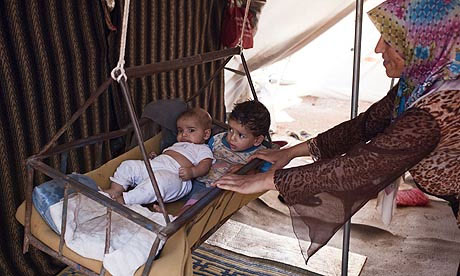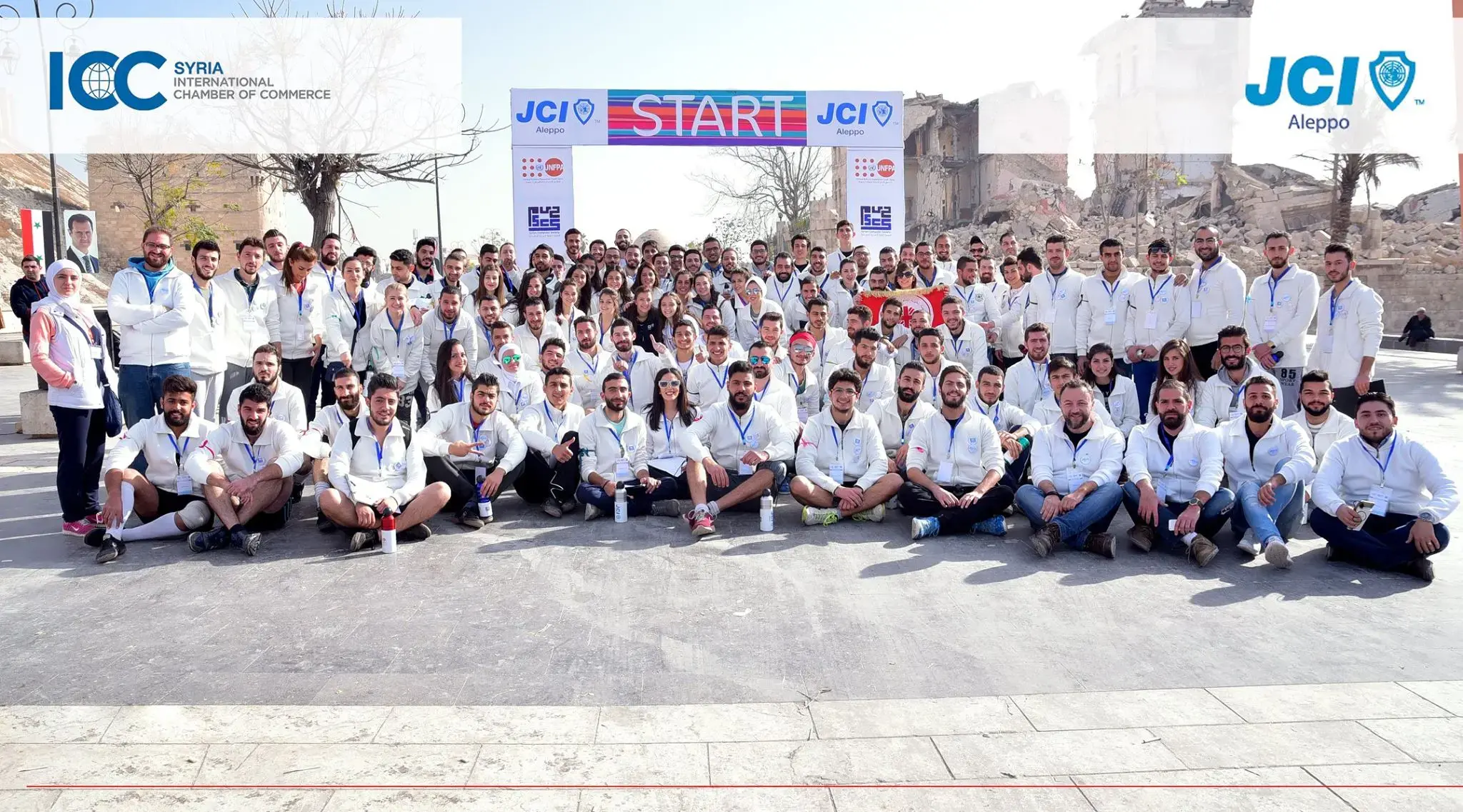Imagine making the journey as a refugee from Syria into Lebanon. It may be along distance and often involves travelling through areas of fighting. On arrival, your first priorities are food and shelter,and protecting your loved ones; family planning is probably the last thing on your mind.

But pregnancy happens in every community, and war zones are no exception. Sadly, however, access to family planning may be rare.
No two conflicts or natural disasters are the same, but difficult pregnancies are seen time and again when communities are forced to flee their homes. Some women are forced to give birth alone; others make it to clinics, but urgently need blood transfusions and are miles from the nearest hospital with a blood bank. Pregnancy can also carry a risk of death and disability for mothers and newborns, especially in fragile states.
This is especially true for refugees. Some 15 per cent of deliveries are likely to result in life-threatening complications and require emergency obstetric care, which only a doctor or midwife can provide. Delivery is more likely to be complicated if you have been through the trauma of fleeing a conflict or natural disaster, and medical assistance, such as antenatal care, is less likely to be available. But even though the risks associated with pregnancy are greater, reproductive health is often put to one side in emergency relief situations.
Before Syria descended into civil war, it had a working health system. Family planning was free and used relatively widely by 58 per cent of women. Yet the last time an extensive survey was carried out among Syrian refugees in Lebanon, only 37 per cent of non-pregnant married women were using contraception. According to the UNFPA, 250,000 women in Syria and refugee settings will become pregnant by the end of this year. Syrian refugees frequently tell aid workers they are terrified of becoming pregnant, so why is family planning such a rarity?
Read the full story by Lizzy Berryman on the Guardian PoveryMatters blog.



